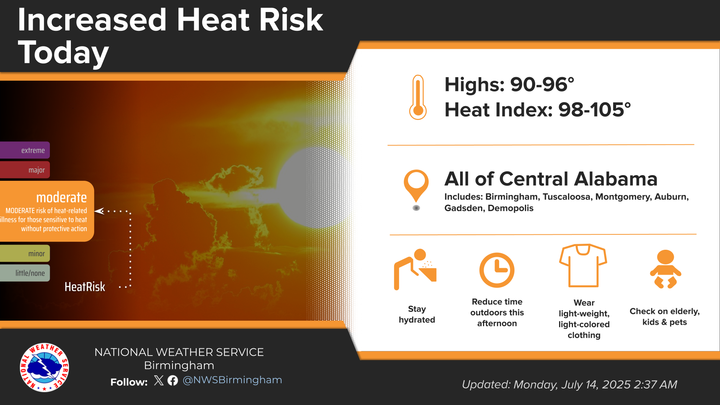 iStock/Thinkstock(NEW YORK) — The haunting Instagram posts that an Ivy League college athlete posted shortly before she killed herself are raising questions over whether social media could be linked to depression, especially for teenage girls, according to the author of a new book.
iStock/Thinkstock(NEW YORK) — The haunting Instagram posts that an Ivy League college athlete posted shortly before she killed herself are raising questions over whether social media could be linked to depression, especially for teenage girls, according to the author of a new book.
In January 2014, 19-year-old University of Pennsylvania track star Madison Holleran’s suicide rocked her community and college campus. Just hours before she jumped to her death, the freshman posted a photo on Instagram of the scenery at a local park in Philadelphia.
In the weeks before her suicide, on all of Holleran’s social media platforms, she seemed to be a happy, healthy college student, showing no signs of her battle with depression in her curated online presence.
“Her Instagram feed is like the perfect college experience feed, and then if you go back, it’s the perfect summer before college,” Kate Fagan, an ESPNW columnist who wrote the upcoming book, Why Maddy Ran, that explores Holleran’s battle with depression and how it may have been partly fueled by social media.
“It’s hard to consume her Instagram feed, because you do know the end of her specific story,” Fagan said. “And they don’t match up.”
Fagan, who spent two years investigating and researching Holleran’s death while writing Why Maddy Ran, said Holleran knew that her social media presence was a false reflection of her real life.
“Her mom’s, like, ‘I’m looking at your Instagram feed and you’re looking like you love college, like you went to that party,’ and Madison says to her mom, ‘Mom it’s just a picture.’ And so it’s like Madison knew that her Instagram feed was a false reflection,” Fagan said. “But she couldn’t see that her peers were maybe also reflecting something that wasn’t totally real.”
Dr. Janet Taylor, a psychiatrist, told ABC News that other students may also find it difficult to differentiate between reality and what’s on social media.
“College students may find it difficult to say, ‘If I’m deleting and only showing my best self, everyone else may be as well,’ ” Taylor said.
Larissa May, a recent graduate of Vanderbilt University, told ABC News that when she was a college student, she suffered from depression that she said was triggered by social media.
“There’s so much pressure to be at all the parties and look like you’re having the best time of your life,” May told ABC News.
“My sophomore year, I struggled with anxiety and depression, and social media was definitely a trigger for that,” May said, adding, “I was always looking at everyone else’s, trying to understand why were they so happy and why was I not.”
During her senior year at Vanderbilt, May says she fought back, creating the school project “Half the Story,” which snowballed into a nationwide movement on social media that encourages college students to realize the truth behind filtered photos and posts.
Fagan said promoting these sorts of conversations may help other college students who are feeling the same way Holleran did.
“Maybe it would help if we had more honest conversations with other people about the reality of what social media really is, and then maybe you would have that planted in your mind when you looked at someone else’s feed,” Fagan said.
Taylor added that “maintaining a healthy perspective” and “recognizing you don’t have to be perfect to be happy” are also very important for the mental health of college students.
Copyright © 2017, ABC Radio. All rights reserved.




